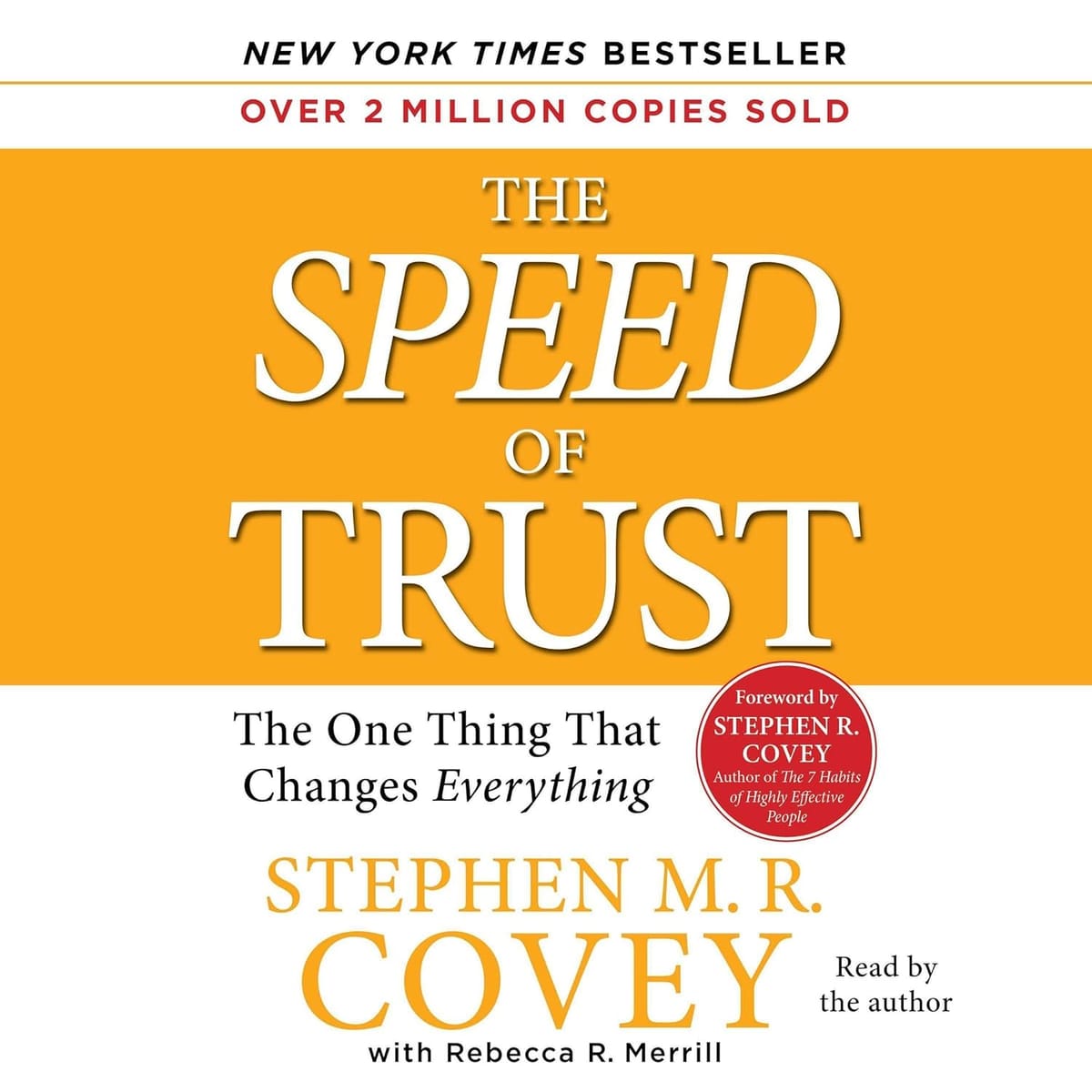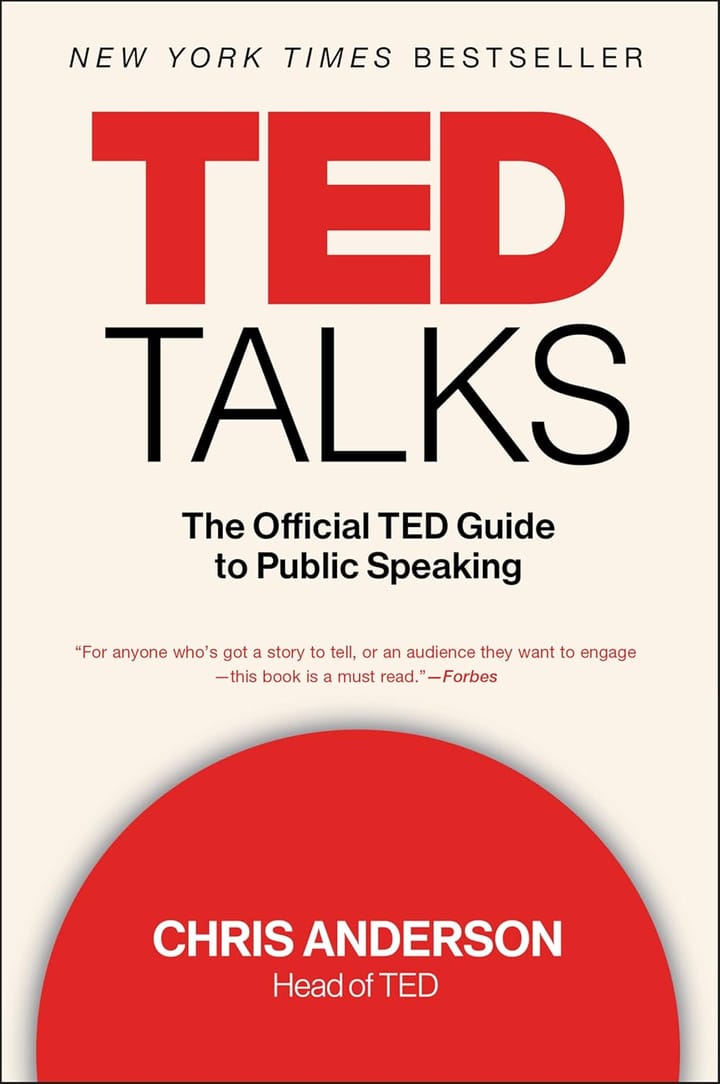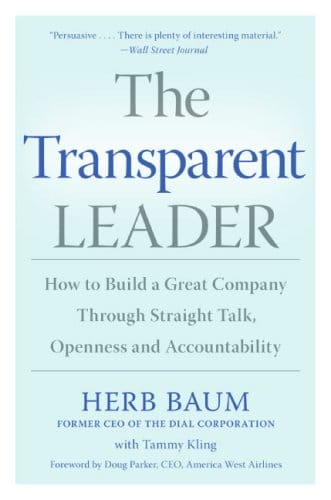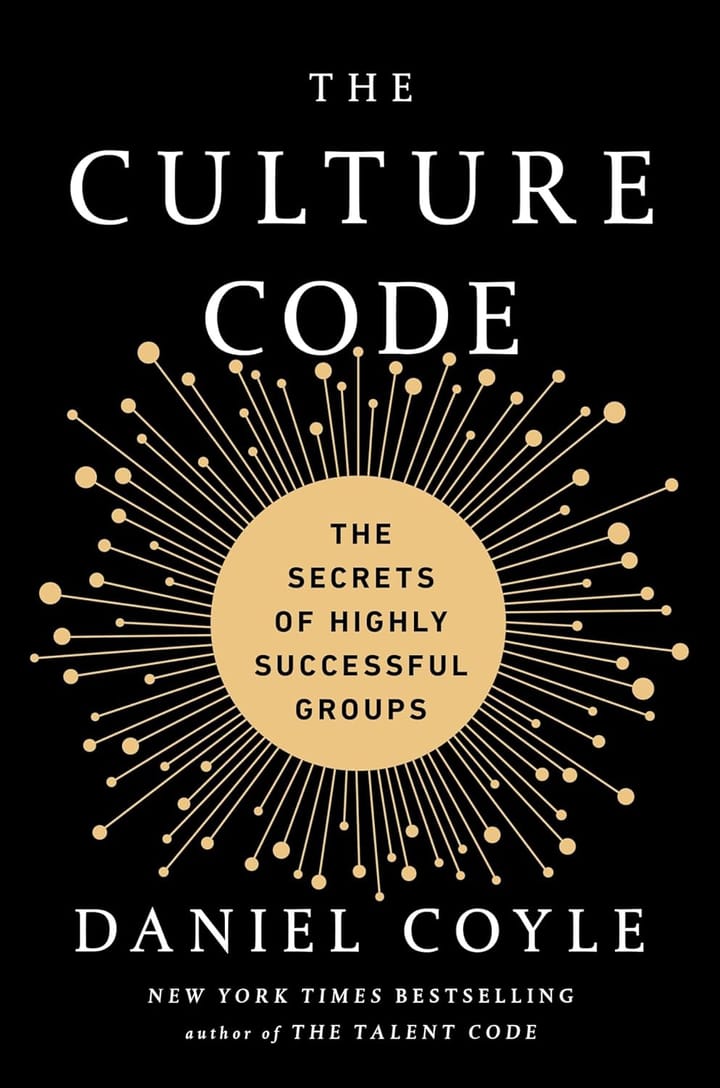Book Summary: The Speed of Trust
Discover the key insights from Stephen M.R. Covey's book "The Speed of Trust" in this comprehensive article on building trust in relationships and organizations.

Essential Insights
- Trust is the foundation of all successful relationships and organizations.
- Building trust requires both character (integrity) and competence (capabilities).
- Trust can be developed and maintained through consistent behavior and communication.
Introduction to The Speed of Trust
The Speed of Trust by Stephen M.R. Covey is a groundbreaking book that explores the vital role trust plays in our personal and professional lives. As the son of Stephen Covey, author of the iconic The 7 Habits of Highly Effective People, Covey Jr. delves into the concept of trust and its profound impact on relationships, teams, organizations, and even entire societies.
For leaders and individuals seeking to enhance their leadership skills and personal development, The Speed of Trust offers invaluable insights and practical strategies. By emphasizing the importance of trust in all aspects of life, Covey provides a compelling case for why trust is not simply a soft, "nice-to-have" quality, but a fundamental underpinning of success. This book is a must-read for anyone looking to cultivate stronger relationships, build high-performing teams, and transform their organization's culture for the better.
Buy "The Speed of Trust" on Amazon
Summary of The Speed of Trust
The Speed of Trust emphasizes the critical importance of trust in both personal and professional relationships. Stephen M.R. Covey argues that trust acts as a vital currency in leadership and can significantly influence results, performance, and collaboration. The book outlines how building trust fosters stronger relationships, encourages open communication, and ultimately leads to greater effectiveness in organizations. Covey also discusses different dimensions of trust, including self-trust, relationship trust, organizational trust, and market trust, highlighting how each contributes to overall success.
One of the unique contributions of the book is its focus on trust as a measurable asset. Covey introduces the concept of the Trust Tax and the Trust Dividend, illustrating how a high-trust environment can lead to increased efficiency and reduced costs. This perspective challenges common assumptions about trust being an intangible quality, instead offering practical ways to cultivate and assess trust in various contexts.
Additionally, Covey provides actionable strategies for leaders to enhance trust within their teams, making the book a valuable resource for anyone looking to boost their leadership effectiveness. Noteworthy points from the text include the idea that trust is a skill that can be developed over time, rather than just a personal trait. Covey emphasizes clarity, competence, and ethical behavior as essential components in establishing trust with others. This understanding sets the stage for readers to reflect on their own trust-building practices and recognize the potential for improvement in their leadership journeys. As the article unfolds, expect to explore practical tips and strategies that can help foster a trusting environment, elevating both personal growth and team dynamics.
Key Lessons From The Speed of Trust
Trust as a Competitive Advantage
One of the central themes in The Speed of Trust is the idea that trust can be a competitive advantage in both personal and professional realms. Covey argues that high levels of trust lead to faster decision-making and increased collaboration within teams. In organizations where trust is prevalent, employees feel more valued and are more likely to contribute openly, leading to innovation and agility.
For instance, Covey cites a case study where a company with a high-trust culture was able to launch a new product significantly faster than its competitors, which were mired in lengthy approval processes due to distrust. This example illustrates how trust can streamline operations, allowing teams to focus on their goals rather than navigating bureaucracy.
Recognizing trust as an asset shifts how individuals and organizations approach relationships. By prioritizing trust-building activities, readers can enhance cooperation and performance, ultimately pushing their goals forward. This lesson encourages individuals to rethink their interactions and attitudes towards trust, highlighting that investing in trust today pays dividends tomorrow.
The Four Cores of Trust
Covey identifies four essential components that form the foundation of trust: integrity, intent, capabilities, and results. He emphasizes that these cores are interdependent and must be cultivated for trust to thrive. Integrity involves being honest and keeping commitments, while intent relates to the motives behind one's actions. Capabilities refer to a person's competencies, and results are the tangible outcomes that demonstrate effectiveness.
An example provided in the book illustrates how a leader's integrity can impact team dynamics. A manager who consistently demonstrates ethical behavior encourages team members to follow suit, fostering an environment of accountability. When all cores are present and strong, trust builds swiftly, whereas missing any core can lead to doubt and confusion.
This lesson is significant because it provides a clear structure for individuals seeking to build or repair trust in their relationships. By evaluating their integrity, intent, capabilities, and results, readers can identify areas for growth. Implementing this framework can lead to stronger connections and increased trustworthiness, leading to improved personal and professional interactions.
Trust and Influence
Another important takeaway from The Speed of Trust is the relationship between trust and influence. Covey argues that trust is the foundation upon which influence is built. When trust exists, individuals are more likely to be open to others' ideas and suggestions, making collaboration more effective. The more trust one has, the more influence they wield.
An example in the book discusses a manager who had difficulty getting their team onboard with changes. By first building trust through consistent actions and transparency, this manager was able to gain their team's support and successfully implement those changes. Trust created a fertile ground for influence, which otherwise would have been challenging to achieve.
This lesson challenges readers to assess their influence strategies by evaluating the trust they have cultivated. By focusing on establishing trust first, individuals can foster a more collaborative environment, which not only enhances their influence but also nurtures overall team morale and productivity. This understanding can inspire readers to focus on trust-building measures that yield significant benefits in their interactions.
The Ripple Effect of Trust
Covey also discusses the ripple effect of trust, illustrating how trust initially established in one relationship can extend to others. When a person demonstrates trustworthiness, it not only strengthens their direct relationships but may also foster trust within their broader network. This interconnectedness enhances overall collaboration and cohesion at both personal and organizational levels.
Understanding the ripple effect is crucial for recognizing the broader implications of personal actions. It encourages readers to be intentional about how they build trust, knowing that doing so creates a multiplier effect within their networks. This awareness can inspire individuals to act in ways that promote trust, leading to positive changes in their communities and workplaces.
Application Ideas for The Speed of Trust
Build Trust through Consistency
One of the primary lessons from The Speed of Trust is the importance of consistency in building trust. To act on this, individuals can start by consistently delivering on promises and commitments, no matter how small. Keeping your word establishes a reputation for reliability, which is a cornerstone of trust in any relationship, be it personal or professional.
To implement this in your daily routine, identify a few commitments you often make, whether it’s completing a work task on time or being present for a friend in need. Make it a priority to not only meet but exceed these commitments. For example, if you promise to finish a report by Friday, aim to finish it by Thursday to show your dedication and reliability. This approach builds a solid foundation of trust over time.
Additionally, you can reinforce this practice by setting clear expectations. When engaging with others, be transparent about what you can deliver and by when. Use tools like calendars or project management software to track commitments and deadlines. A final idea is to develop a habit of self-reflection at the end of each week to evaluate how well you've maintained consistency. Consider scenarios where you fell short and use those as learning opportunities to improve in the future. A team leader who consistently meets project deadlines fosters an environment where team members feel secure and respected.
Encourage Open Communication
Another essential way to cultivate trust is through open communication. Implementing regular check-ins or feedback sessions can facilitate a culture where everyone feels valued and heard. This approach can be integrated into team dynamics, as it encourages team members to voice their concerns or suggestions freely, ultimately enhancing collaboration.
For instance, consider setting aside time weekly for an open forum, where anyone can pose questions or share ideas without fear of criticism. This practice can help to strengthen relationships and allow for a clearer understanding of collective goals. It's effective because it fosters a sense of transparency and inclusiveness, leading to stronger bonds among team members.
To make this process smoother, establish guidelines for these discussions, ensuring that everyone has an opportunity to speak and that discussions remain constructive. Additionally, acknowledging contributions and progressing toward solutions builds a culture of accountability and trust. As an example, a manager who frequently solicits feedback can create a more engaged team, as seen in companies that prioritize employee opinions in decision-making processes.
Show Appreciation and Recognition
Expressing gratitude is a powerful method for strengthening trust, as outlined in The Speed of Trust. Acknowledging others’ contributions can significantly enhance workplace morale and foster loyalty. To implement this, make it a habit to recognize not just achievements but also the effort and dedication that goes into day-to-day tasks.
To simplify the recognition process, utilize tools like project management systems or team chat applications that allow for quick shout-outs or rewards features. Moreover, focus on genuine recognition—personalize your messages to reflect your authenticity. A final actionable idea might be to set a specific weekly goal for how many recognitions you’ll give, thus embedding appreciation into your leadership practice. For example, a supervisor who publicly praises team efforts regularly strengthens loyalty and boosts engagement within the team.
Develop Competence and Character
Trust is rooted in both competence and character, as emphasized by Covey. To build credibility in your role, dedicate time to enhancing your skills and demonstrating sound judgment. This can be achieved by pursuing professional development opportunities, such as workshops or courses relevant to your field. Recognizing that your growth contributes to the overall trust within your team is key.
Incorporate this learning into your routine by setting aside time each week for skill development, whether through reading industry-related articles, attending seminars, or participating in online courses. By investing in your knowledge and proactively seeking to improve, you’re showcasing your commitment to excellence, which is vital in gaining trust.
To simplify your learning process, create a personal development plan that outlines specific goals and timelines. Share this plan with your team to demonstrate accessibility and encourage them to follow suit. Additionally, mentor someone in your area of expertise, as teaching reinforces your understanding and builds a trusting relationship. An example might be a project manager who consistently updates her skills while mentoring junior staff, ultimately creating a culture of trust and professionalism within the team.
Concluding Thoughts
The Speed of Trust by Stephen M.R. Covey emphasizes the critical role that trust plays in both personal and professional relationships. Covey illustrates how trust serves as a vital currency in leadership, influencing performance and collaboration. The book details various dimensions of trust, including self-trust, relationship trust, organizational trust, and market trust, and explains how each element contributes to overall success. One of the notable contributions of this work is the introduction of trust as a measurable asset.
Covey discusses concepts like the Trust Tax and the Trust Dividend, demonstrating that a high-trust environment can lead to enhanced efficiency and reduced expenses. This fresh angle challenges the common belief that trust is merely intangible and presents actionable strategies for nurturing and assessing trust across different contexts. Throughout the article, essential lessons emerge regarding trust as a skill that can be learned and developed. Covey identifies clarity, competence, and ethical behavior as critical components in establishing trust. This understanding empowers readers to evaluate their own trust-building practices, recognizing opportunities for improvement as they advance in their leadership journeys.
The themes explored in the article, including trust as a competitive advantage, the four cores of trust, and the relationship between trust and influence, reinforce the significance of trust in collaborative environments. Additionally, the concept of the ripple effect highlights how trust established in one relationship can positively impact wider networks, enhancing engagement and connectivity in various contexts. The article also discusses practical ways to build trust, such as consistency, open communication, appreciation, and the development of competence and character. By applying these strategies, individuals can create a more trusting atmosphere within their teams and organizations, leading to improved relationships and better overall performance.
The valuable lessons in The Speed of Trust provide a blueprint for enhancing trust in every aspect of life. Readers are encouraged to explore the book to gain further insights and strategies. Embracing these lessons can help cultivate trusting relationships, ultimately leading to greater success in both personal and professional endeavors. Take action today; start implementing these trust-building practices in your daily interactions, and experience the positive changes they can bring.
Related Topics
- Leadership - The role of trust in effective leadership and how leaders can build trust within their teams.
- Communication - The importance of clear and open communication in building trust among individuals and organizations.
- Relationship Building - Strategies for fostering strong relationships based on trust and mutual respect.
- Ethics and Integrity - How trust is closely linked to ethical behavior and the importance of maintaining integrity in all interactions.
Reflection & Discussion Questions
Reflection is a powerful tool for personal growth and leadership development. Whether you're exploring your own experiences or engaging in thoughtful group discussion or team training, reflection questions help uncover new insights, clarify values, and inspire meaningful action. Below are questions designed to deepen your understanding of the concepts taught in The Speed of Trust, and facilitate constructive conversations with your team or group.
- How can you apply the concept of trust as a measurable asset in your personal and professional relationships?
- What strategies can you implement to enhance trust within your team based on Covey's insights?
- How can you develop your trust-building skills over time, as Covey suggests?
- What steps can you take to improve clarity, competence, and ethical behavior in order to build trust with others?
- How can you prioritize consistency in building trust, both in delivering on commitments and setting clear expectations?
- What are some ways you can encourage open communication within your team to foster a culture of trust?
- How can you show appreciation and recognition to strengthen trust in your workplace, as recommended by the book?
- How can you develop your competence and character to build credibility and trust within your team?
- How can you evaluate your integrity, intent, capabilities, and results to identify areas for growth in building trust with others?
- What are some practical ways you can track and assess trust within your relationships and organizations?
- How can you implement Covey's concept of the Trust Tax and Trust Dividend in your leadership practices?
- What are some examples of high-trust environments in which you have excelled, and how can you replicate those experiences in other areas of your life?
- How can you leverage trust as a competitive advantage to streamline processes and achieve better results in your personal and professional endeavors?
- What are some areas of improvement you can identify in how you currently build and cultivate trust with others?
- How can you use the ripple effect of trust to create positive changes within your networks and communities?
Recommended Reading
Below are a few recommended books related to concepts taught in The Speed of Trust.
- The 7 Habits of Highly Effective People by Stephen R. Covey. A classic self-help book that provides insights and strategies for personal and professional effectiveness.
- Start with Why by Simon Sinek. Explores the importance of identifying your "why" in order to inspire action and create a sense of belonging and purpose.
- Emotional Intelligence 2.0 by Travis Bradberry and Jean Greaves. Discusses the importance of emotional intelligence in interpersonal relationships and leadership effectiveness.
Frequently Asked Questions
What is the premise of The Speed of Trust?
The premise of The Speed of Trust is that trust is not just a nice-to-have quality, but a crucial element to the success of individuals and organizations in today's fast-paced world. Trust impacts everything we do, from relationships to businesses, and by learning how to cultivate trust, we can increase our effectiveness and productivity. Building trust is both a moral obligation and a strategic advantage, as it allows for quicker decision-making, higher collaboration, and stronger connections. Trust truly influences the speed at which we can achieve our goals and lead successful lives.
How does trust affect the speed in which work gets done?
Trust greatly impacts the speed in which work gets done. When trust is present, communication is clear and efficient, decisions are made more quickly, and people are able to work together seamlessly. On the contrary, when trust is absent, communication breaks down, decisions are questioned and delayed, and work takes much longer to complete. Trust enables individuals and teams to move forward with confidence and without unnecessary obstacles.
What are the Five Waves of Trust?
The Five Waves of Trust are credibility, behavior, consistency, openness, and results. These five waves are critical components of building and maintaining trust in relationships, both personally and professionally. By understanding and actively engaging in these five waves, individuals can strengthen their trustworthiness and cultivate trust with others.
What can leaders do to build trust with their teams?
Leaders can build trust with their teams by modeling trust themselves, being transparent and honest in their communication, showing respect for their team members, and following through on their commitments. By consistently demonstrating trustworthiness and creating a culture of trust within their team, leaders can foster stronger relationships and higher levels of productivity.
Buy "The Speed of Trust" on Amazon
Affiliate Disclaimer
Some of the links on this website may be affiliate links. This means that, at no additional cost to you, we may earn a commission if you click through and make a purchase. Your support through these affiliate links helps sustain and improve the quality of the content we provide.



